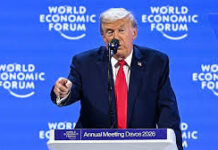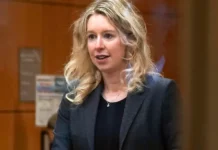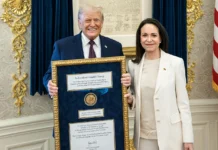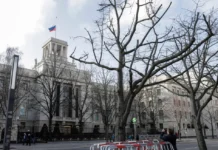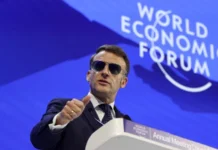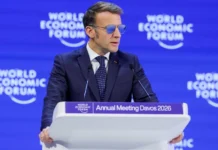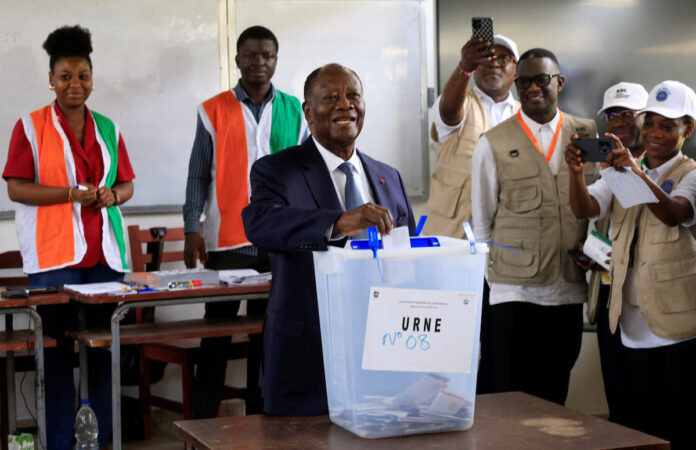
Ivory Coast President Alassane Ouattara has secured a fourth term in office with a landslide victory, according to provisional results announced Monday, in an election that critics say lacked genuine competition after key rivals were barred from running.
The 83-year-old leader, a former International Monetary Fund official and one of Africa’s longest-serving presidents, won 89.77% of the vote, extending his 14-year rule over the world’s top cocoa producer.
The results, announced by the head of the electoral commission Ibrahime Coulibaly-Kuibiert on state television, gave former Commerce Minister Jean-Louis Billon 3.09% and former first lady Simone Gbagbo 2.42%.
Simone Gbagbo, wife of ex-president Laurent Gbagbo, reportedly called Ouattara to congratulate him on his victory, according to a source cited by Reuters.
Voter turnout stood at around 50%, roughly in line with recent elections but far below the record 80% participation seen in 2010.
Ouattara’s reelection had been widely expected after several of his strongest challengers, including Laurent Gbagbo and Tidjane Thiam, former CEO of Credit Suisse, were deemed ineligible.
Their exclusion left the opposition fragmented and unable to mount a serious challenge.
“There was no point in voting,” said Arsene Kanga, a machinist in Abidjan. “Everything was put in place for Ouattara to win. Candidates Thiam and Laurent Gbagbo were eliminated. There was nothing at stake.”
Thiam echoed those frustrations in a statement Monday, calling the contest “not a real election” and alleging that voting took place “in a climate of fear.”
Despite the criticism, the election proceeded peacefully on Saturday after days of minor protests in cities including Yamoussoukro, where authorities imposed a curfew.
The government deployed 44,000 security personnel, and human rights groups, including Amnesty International, denounced what they described as excessive restrictions on protests.
Dozens of demonstrators were arrested, with some handed prison terms of up to three years for disturbing public order.
Ouattara first came to power in 2011 following a disputed election against Laurent Gbagbo that triggered a four-month civil war claiming around 3,000 lives.
Since then, the president has presided over relative stability and steady economic growth but faces criticism for suppressing dissent and extending his tenure beyond the two-term limit initially enshrined in the constitution.
The Constitutional Council is expected to certify the results in the coming days.
Ouattara has pledged that his fourth term will focus on economic expansion and leadership renewal, vowing to prepare the way for a “new generation” of Ivorian leaders.
However, analysts warn that without a clear succession plan, political divisions within his ruling party could spark future instability.
“If Ouattara fails to appoint a successor, the country could face a crisis reminiscent of the turmoil that followed the death of founding President Felix Houphouet-Boigny,” said Rinaldo Dipagne, deputy director of the Africa program at the International Crisis Group.
Ouattara’s overwhelming win reinforces his grip on power but also underscores a growing disillusionment among Ivorians who, after decades of political turbulence, are increasingly skeptical that the ballot box can bring meaningful change.
Source: Reuters
Written By Rodney Mbua










